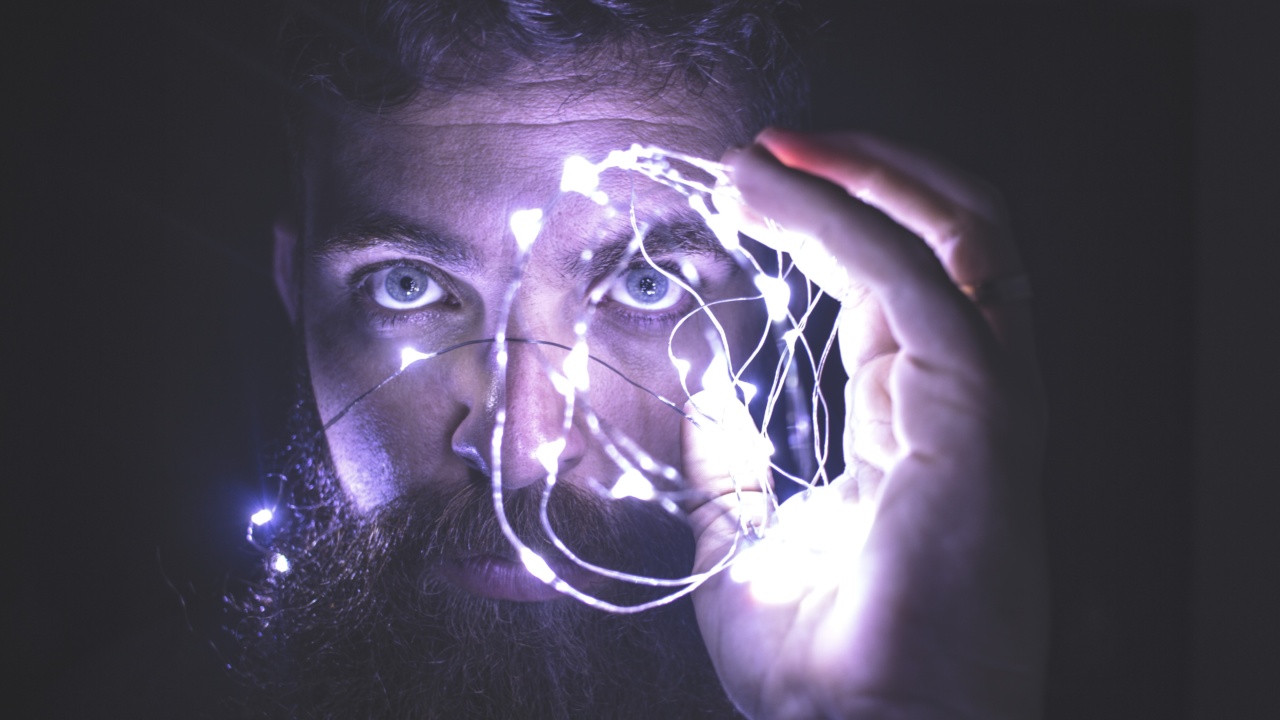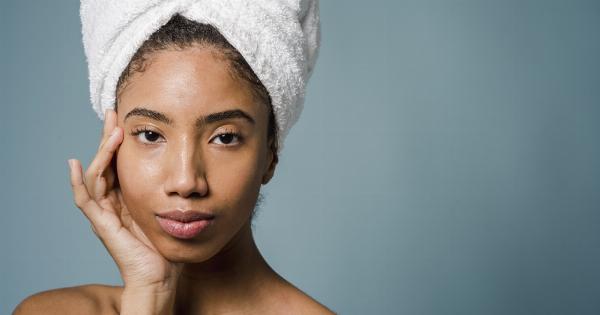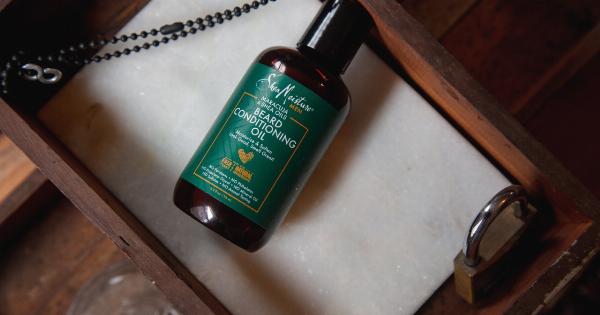Our hair, a crowning glory for many, serves more than just an aesthetic purpose. It is deeply connected to our brain, affecting not only our physical appearance but also our self-perception, overall well-being, and even our cultural identity.
Humans have long had a complex relationship with their hair, with its significance varying across different periods and cultures. Let’s take a closer look at the remarkable connection between our brain and hair.
The Origins of Hair
Hair has been a part of human evolution for millions of years. It originated from the epidermis, the outermost layer of our skin, and was initially developed as protection against the harsh environmental conditions our ancestors faced.
Over time, hair evolved to play various roles, including regulating body temperature, preventing injury, and even signaling social status.
The Psychological Impact of Hair
Our hair has a profound psychological impact on our self-perception and emotional well-being. It is often seen as an expression of our identity, personality, and style. A bad hair day can significantly affect our confidence levels and overall mood.
Studies reveal that societal beauty standards heavily influence how we perceive our hair. The media, fashion industry, and cultural expectations often dictate what is considered “good” or “bad” hair.
This pressure to conform to specific ideals can lead to a negative body image, self-esteem issues, and even psychological distress. Conversely, embracing and celebrating the unique characteristics of our hair can boost self-confidence and promote self-acceptance.
The Power of Hair as a Communication Tool
Hair has historically played a crucial role in communicating social, cultural, and individual messages.
From ancient times to modern society, hairstyles, colors, and treatments have been used to express various aspects of identity, such as age, marital status, religion, profession, and social status.
For example, in ancient Egypt, noble women adorned their hair with elaborate headdresses and wigs to denote their high social standing.
Similarly, in many African cultures, intricate braids serve as a form of artistic expression, cultural heritage, and even a way to communicate marital status or tribal affiliation.
The significance of hair as a communication tool extends beyond individual identification.
It can represent and reinforce group identities, as seen in punk and goth subcultures, where hairstyles and colors are used to express rebellion and non-conformity.
Psychophysiology of Hair
Scientists have discovered that the human brain has specific areas dedicated to processing information related to hair. The fusiform face area (FFA), a brain region primarily associated with face recognition, plays a role in hair perception as well.
It responds more actively to images of faces with visible hair compared to those without.
Furthermore, studies using functional magnetic resonance imaging (fMRI) have revealed that viewing hair-related stimuli activates the posterior superior temporal gyrus (pSTG) in the brain.
This region is involved in processing biological motion and social signals. It indicates that our brains are particularly attuned to hair-related information and perceive it as an essential aspect of our interaction with others.
Hair Disorders and their Impact
Problems related to hair can cause significant distress and impact an individual’s quality of life. Hair loss, or alopecia, is one such disorder that affects both men and women.
It can lead to emotional distress, self-consciousness, and reduced self-esteem. Conditions like trichotillomania, a hair-pulling disorder, can also have a profound impact on a person’s mental well-being. Seeking appropriate medical and psychological support is crucial in managing these conditions.
On the other end of the spectrum, excessive hair growth, known as hirsutism, can also affect a person’s self-image and emotional well-being, especially for women.
Society’s beauty standards often prioritize smooth and hairless skin, leading those with hirsutism to face social stigmatization and discrimination. Open conversations, increased awareness, and acceptance of diverse hair types and conditions can help mitigate the negative impact of these disorders.
Embracing the Diversity of Hair
As our understanding of the cultural, psychological, and physiological aspects of hair deepens, there is a growing movement toward embracing the diversity of hair.
From natural hair movements to awareness campaigns promoting inclusivity, society is slowly shifting away from narrow beauty standards and celebrating the uniqueness of individual hair types and styles.
Education and representation play a crucial role in this movement. By acknowledging and showcasing the various hair types, colors, and textures, we can expand our definition of beauty and create a more inclusive society.
Hair Care: A Holistic Approach
Proper hair care is essential not only for maintaining healthy hair but also for promoting overall well-being.
A holistic approach to hair care involves considering various factors such as nutrition, exercise, stress management, and using suitable hair products.
Nutrition plays a critical role in maintaining healthy hair. Consuming a balanced diet rich in essential vitamins and minerals, such as biotin, vitamin E, and iron, can promote hair growth and prevent common problems like hair loss or brittleness.
Regular exercise improves blood circulation which, in turn, promotes hair follicle health. Additionally, managing stress levels is crucial as chronic stress can contribute to hair loss and scalp disorders.
Choosing appropriate hair products is also vital in maintaining healthy hair. Using mild shampoos and conditioners that suit your hair type can prevent excessive dryness or oiliness.
For those experiencing specific hair concerns, targeted treatments like hair masks or serums can provide additional nourishment.
The Future of Hair Science
As hair continues to hold immense importance in our lives, advancements in hair science offer promising possibilities for the future.
From gene therapies to restore hair growth to innovative hair prosthetics and transplantation techniques, ongoing research aims to tackle hair disorders and enhance hair care practices.
Furthermore, the growing understanding of the psychophysiology of hair can pave the way for innovative interventions targeting mental health and body image.
Integrating hair-related discussions in therapeutic settings can foster self-acceptance and help individuals manage the emotional impact of hair-related conditions.
Conclusion
Our hair goes beyond being a simple accessory or a means of self-expression. It holds profound significance for our brain, influencing our psychology, communication, and overall well-being.
Understanding and embracing the diverse aspects of hair can lead to a more inclusive society where everyone can confidently celebrate their unique crown of glory.




























